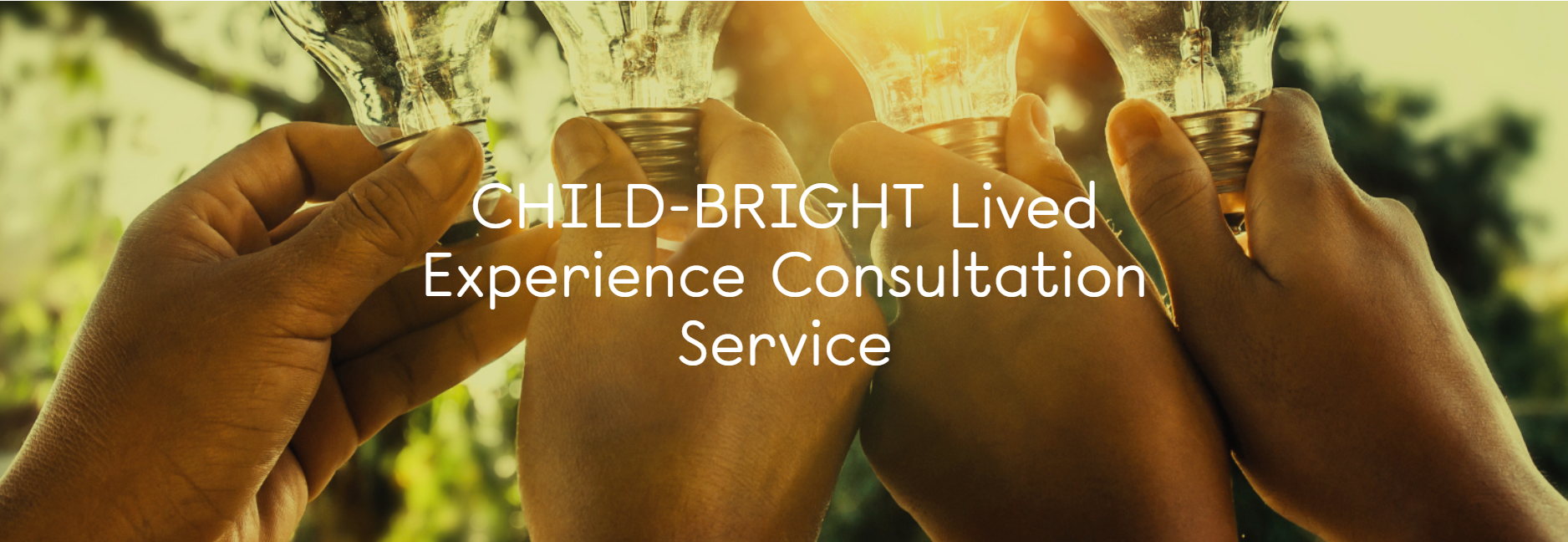The CHILD-BRIGHT Network is composed of clinicians, scientists, partners with lived and living experience (PWLEs), and other community members who are committed to improving outcomes for children born with brain-based developmental disabilities and their families through research. During Phase 1, CHILD-BRIGHT’s pan-Canadian research program, led by Steven Miller, studied new diagnostic tests, therapies, service models, and technologies to optimize the physical and mental health of Canadian children born with brain-based disorders, as well as the well-being of their caregivers and families. Our 13 Phase 1 patient-oriented research projects are detailed below.
As part of CHILD-BRIGHT’s Phase 2 funding (read more about this here), we are focusing our research to better understand how evidence generated in Phase 1 can be systematically applied in routine practice to improve quality and effectiveness of health services. CHILD-BRIGHT’s Phase 2 Implementation Science Research Program is co-led by Steven Miller and Janet Curran.
Meet our program co-leads
Steven Miller
CHILD-BRIGHT Scientific
Co-Director, Principal Investigator & Implementation Science Research Program
Co-Lead
Chief of Pediatric Medicine,
BC Children’s Hospital
Head, Department of Pediatrics, University of
British Columbia
Janet Curran
CHILD-BRIGHT Implementation Science Research Program
Co-Lead
Professor, School of Nursing, Dalhousie University
Research Chair in Quality and Patient Safety,
IWK Health Centre
Phase 1 research projects
BRIGHT Beginnings
Early intervention is key in minimizing developmental problems that children may face. Over the past decade, experimental studies have identified fetal, neonatal, and early childhood rehabilitation practices that optimize brain and developmental outcomes. CHILD-BRIGHT’s six research projects under the BRIGHT Beginnings theme focused on bringing these experimental advances to human clinical studies to minimize brain injury and restore brain function. Knowing how these therapies influence brain development allowed our team to identify the most effective practices to promote resilience, improve the child’s physical and mental health, and enhance overall well-being. Our six projects were:
BRIGHT Supports
The BRIGHT Supports theme aimed to transform outcomes by integrating mental health support into the care of children and youth with brain-based developmental disabilities who experience behavioural difficulties. Novel information technologies, as well as medical interventions, were evaluated in children with a wide range of developmental disabilities. Health promotion strategies that foster fitness and social participation were also developed. The four BRIGHT Supports projects aimed to fill a critical gap by offering family-centred ‘help-giving’ practices to support parents in their role as caregivers. Our four projects were:
BRIGHT Futures
Under the BRIGHT Futures theme, we redesigned key parts of the health care system to be more responsive to the needs of families as their children develop. We focused on key transition periods: discharge from the neonatal intensive care unit, the transition from preschool to school, and the transition into the adult health care system. Our intent was to produce policy-relevant, cost-effective innovations that would transform real-world service delivery to children with brain-based developmental disabilities and their families throughout their growth trajectories. This transformation would both improve children’s physical and mental health and empower their families. Our three projects were:
All Phase 1 projects were completed in 2024
Phase 2 implementation science research projects
In Phase 2, we are studying how to bring novel, evidence-based interventions to our health care and community systems. Our ultimate goal is building a knowledge base that will provide guidance on how to adapt, modify, and customize strategies to work more effectively in hospitals, rehabilitation clinics, homes, communities, and more.
To align with this new direction, we are changing the name of our program in Phase 2; we are now the Implementation Science Research Program. Implementation science (IS) is a field of research that studies how an intervention will interact with “real-world” settings with the ultimate outcome of understanding what needs to be in place for the intervention to succeed in practice and at scale. Read more about our Phase 2 plans here.
Our Phase 2 research projects will be announced in 2024!
We are recruiting children, youth, parents, and families and/or caregivers for our studies
Need to consult with a partner with lived and living experience to advance your research?
See if our Consultation Service is for you!
Our Phase 1 work would not be possible without the support of these teams!
Data Coordinating Centre (DCC)
We ensure that the research data is collected in an appropriate manner, kept private and secure, and used to maximum effect. Learn more...
Health Economics
We evaluate the cost-effectiveness and cost-utility of emerging technologies, interventions, treatments and services for a wide range of pediatric neurodevelopmental disorders. We provide expertise on choosing valid outcome measures for resource use and quality of life and assist with customization for particular studies. We work closely with each project team and the DCC to enable and promote the conduct of high quality economic evaluations alongside relevant projects.
Learn more by watching this TEDxYorkUSalon Talk given by CHILD-BRIGHT's Wendy Ungar

























